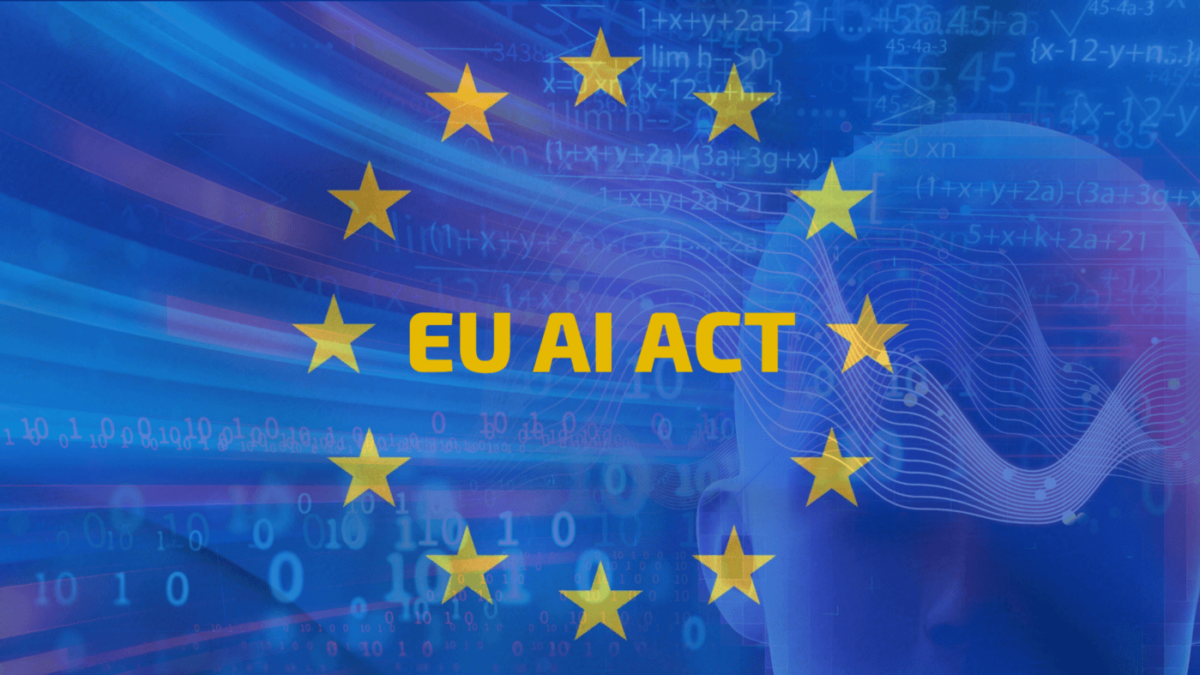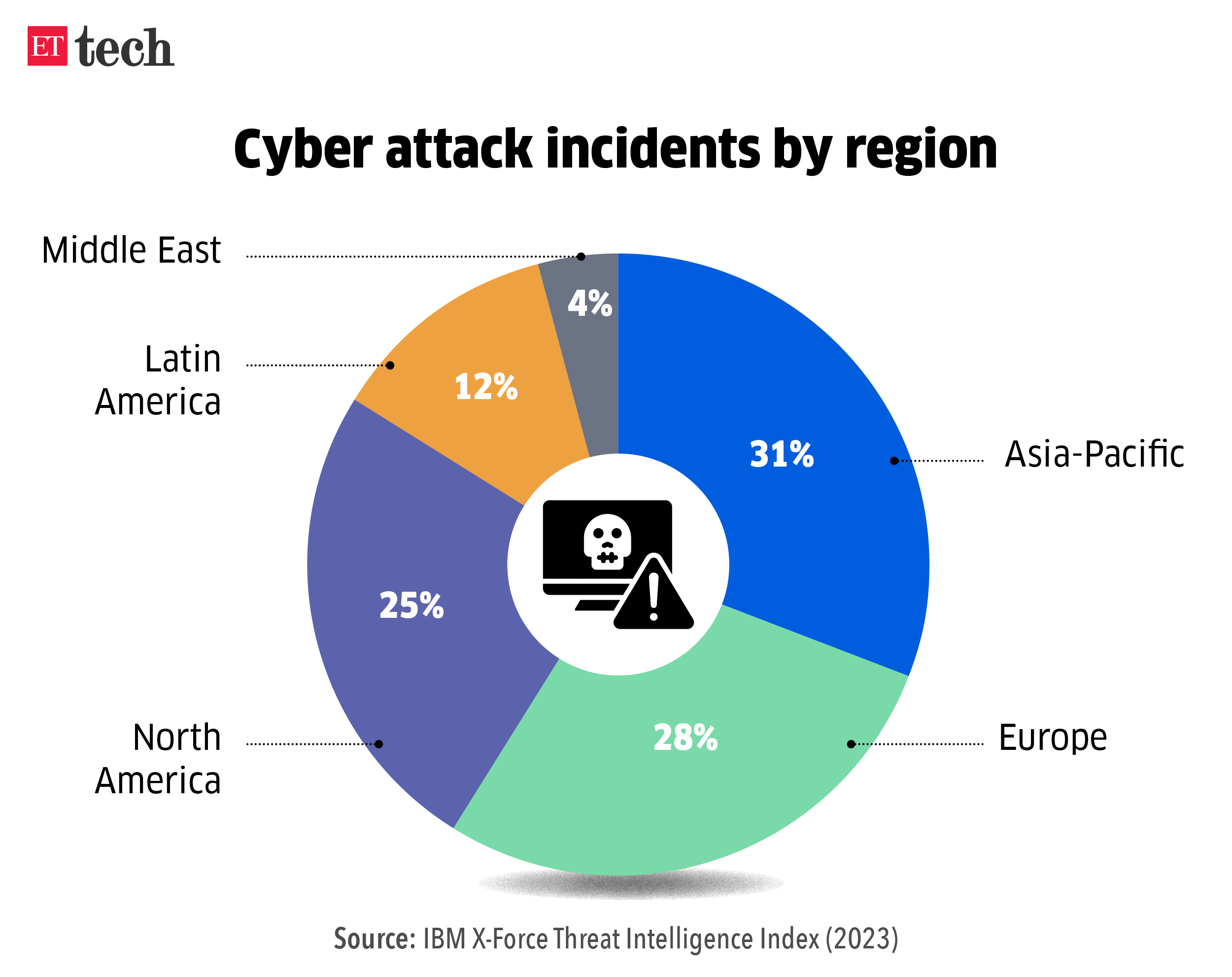Google Signs EU AI Code of Practice: A Step Forward with Reservations

Google Signs EU AI Code of Practice: A Step Forward with Reservations
In a move signaling both cooperation and caution, Google has announced its commitment to sign the European Union's AI Code of Practice. This voluntary framework aims to guide companies in complying with the upcoming EU AI Act, a comprehensive regulation designed to manage the risks associated with artificial intelligence. While Google's participation is a significant step, it comes with expressed reservations about the potential impact on AI innovation in Europe.

Navigating the EU AI Act: Implications for Recruiters and Employers
What is the EU AI Code of Practice?
The EU AI Code of Practice is a set of guidelines created to help companies navigate the complexities of the EU AI Act. The AI Act classifies AI systems based on their potential risk, with the most dangerous applications facing outright bans and high-risk systems subject to strict security, transparency, and quality obligations. The Code of Practice provides a practical framework for businesses to implement these requirements.
- Aims to ensure AI systems are safe and respect fundamental rights.
- Promotes transparency and accountability in AI development and deployment.
- Encourages collaboration and information sharing among AI stakeholders.
Google's Commitment and Concerns
Despite signing the Code of Practice, Google has voiced concerns about the potential for the EU AI Act and the Code to stifle AI innovation in Europe. Kent Walker, president of global affairs at Google, acknowledged improvements in the final version of the Code but emphasized ongoing reservations. Google's primary concerns include:
- Copyright Law: Potential conflicts with existing EU copyright regulations.
- Slow Approvals: Concerns that the regulatory processes could delay the deployment of new AI technologies.
- Trade Secrets: Worries that compliance requirements might inadvertently expose sensitive trade secrets.
Google has stated its commitment to working with the EU AI Office to ensure the Code remains proportionate and responsive to the rapidly evolving AI landscape. They aim to be an active voice in supporting a pro-innovation approach that fosters investment and benefits all stakeholders in Europe.
The Broader Impact
Google's decision to sign the EU AI Code of Practice, even with reservations, highlights the growing importance of AI regulation. The EU AI Act is poised to become a global benchmark, influencing AI governance worldwide. Other tech companies will likely face similar decisions as they navigate the evolving regulatory landscape. The balance between fostering innovation and mitigating risks will be a key challenge for policymakers and businesses alike.
Key Takeaways
- Google is signing the EU AI Code of Practice, a voluntary framework for complying with the EU AI Act.
- The EU AI Act classifies AI systems based on risk, imposing stricter rules on high-risk applications.
- Google has expressed concerns that the AI Act and Code of Practice could hinder AI innovation in Europe.
- The EU AI Act is expected to have a significant global impact on AI regulation.





